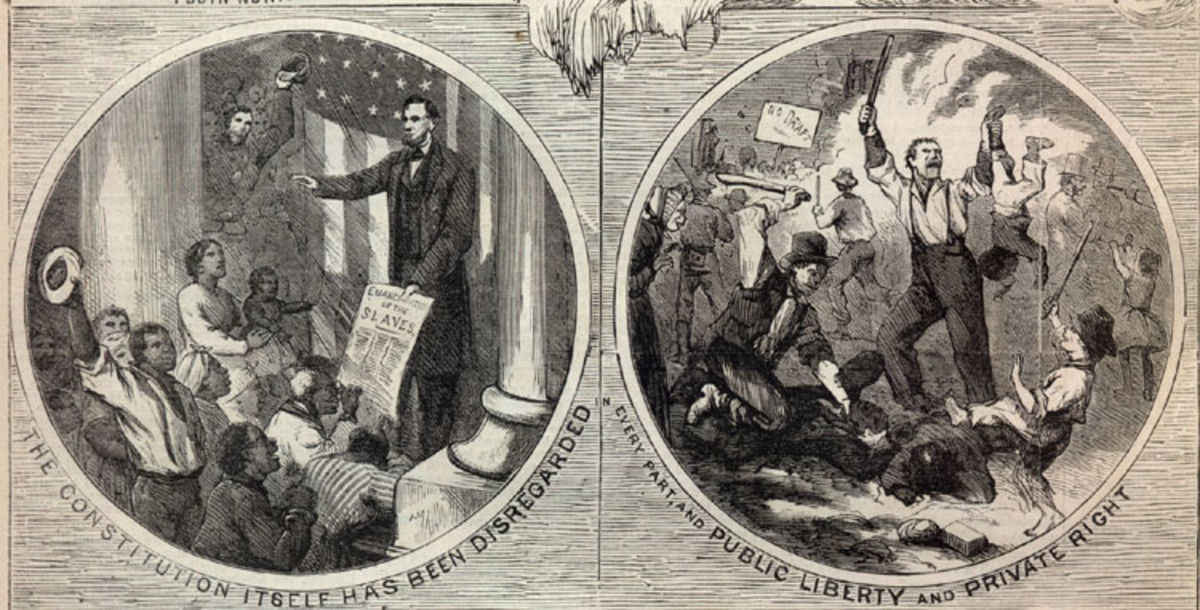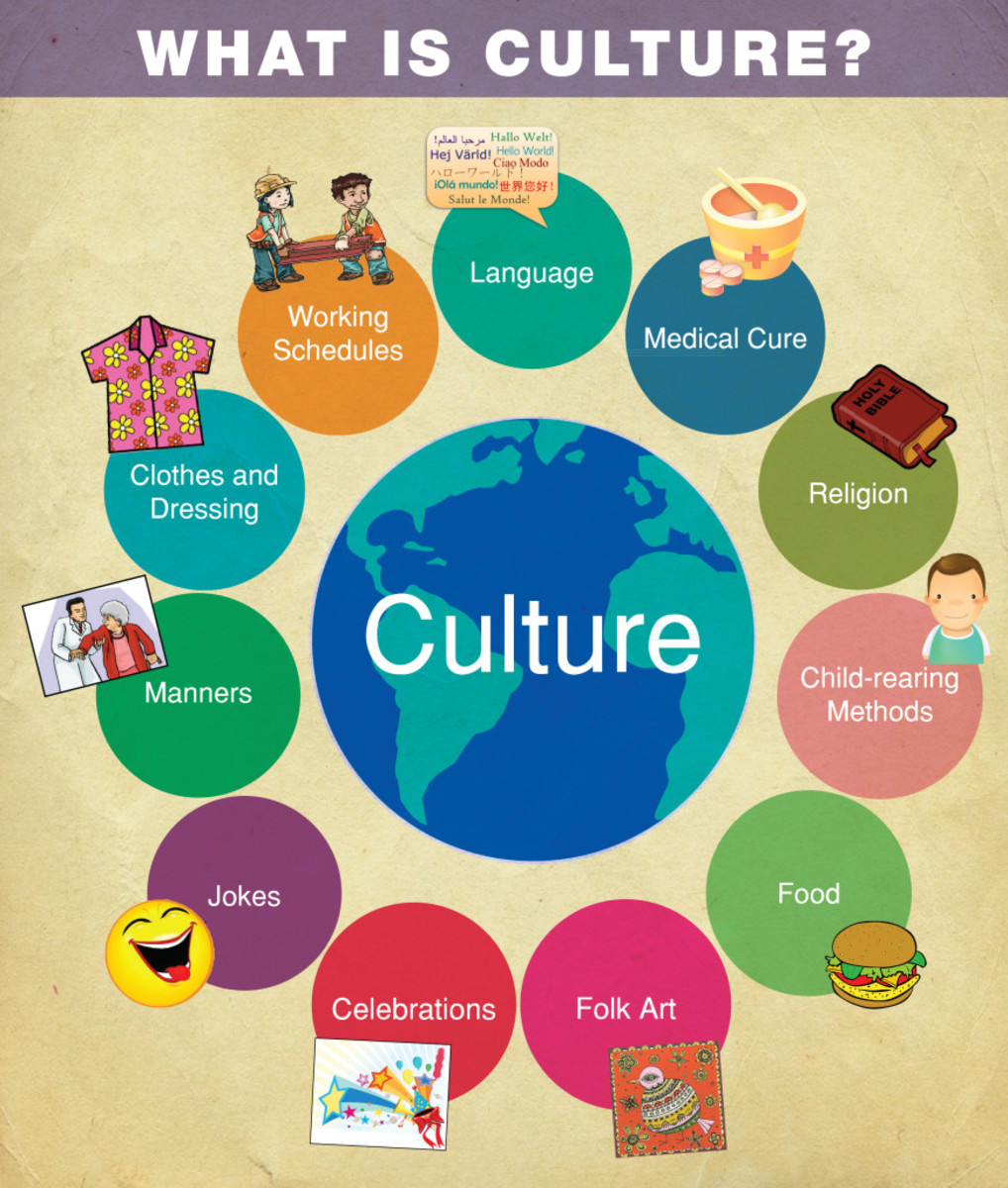The "Blame Game": A Meditation

Hi Grace Marguerite Williams! How's it going?
Thank you for the question: "Why do some Black Americans elect to blame racism for their dire educational, environmental, & economic predicament instead of assessing that it is their passivity & lack of intelligent choices which put them in the predicament they are currently in?"
In the interest of "full disclosure," as they say, Mrs. Williams, you tell us that you are an African-American woman.
Actually, yours is a compound question. You go on to say: "Why are the elements of failure, anti-achievement, & anti-intellectualism praised in some Black American communities instead of education, achievement, & intellectualism?"
Actually again, yours is a tripartite question. You ask: "Why, in many cases, has the Black American community regressed instead of progressing?"
Let's deal with the first question first. The issue is "Why do some Black Americans blame racism.....? The suggestion contained within the question is that "some Black Americans" should NOT "blame racism" for...
Instead of doing that Black Americans should address their "passivity and lack of intelligent choices." Black Americans should be active instead of "passive"; and they should make an abundance of "intelligent choices," rather than a dearth of "lack" of them.
When you think about it, such a point of view seems to leave very little room for politics. Politics is an engine of change, "progress," depending on your point of view, and of improving the material circumstances of our lives.
Just recently a majority of English voters, for example, decided through the political process of a referendum vote, that their material circumstances will be enhanced with the UK's exit from the European Union.
This political result, this "will of the people," had its start with a lot of "blame" or complaint by Britons about what they saw as the EU's encroachment upon British sovereignty and freedom.
Another word for "blame," or shared blame is political conversation. From political conversation comes an articulation of grievances by whatever group of people, whether by class, race, ethnicity, or some other category.
This articulation of grievances is often mobilized through political advocacy organizations and/or movement within one or the other major political parties; or it may take the form of alternative, or, in the United States, a so-called "third party."
Hopefully, all of this feeds and is fed by mass mobilization in the street. That is how the United States of America got "The New Deal" of the 1930s. It was not merely the gift of Franklin Delano Roosevelt. It came as the result of grass roots pressure. The powers-that-be were really afraid that communists and socialists would be voted in governors chairs and mayoralties all over the country.
The point is that all of that started with "blame." It started with working people feeling put upon by the stock market crash of 1929 and the subsequent Great Depression; Wall Street, rightly or wrongly, came in for a good deal of the "blame."
Anyway, this is how politics starts. You feel that something unfair and unjust is happening to you. You complain about it. You think about who is doing it to you and how they are doing it to you; and you talk about it, and yes, you level "blame." You go on to find like-minded people to organize with; and maybe you even identify other groups with whom you can ally and build up the strength of your political movement.
Now then, if "some Black Americans" identify racism---here I will just insert the word 'institutional' or 'structural'---as an impediment to educational, career, and environmental outcomes---as some African-Americans indeed do---then an appropriate response is to mobilize politically against. But you must always start with the complaint; and the fact is that "blame" is necessary so that you have some idea as to where and how, and yes, against whom your political effort should be directed. Politics is contentious, after all. There is simply no getting around that.
"Blame," then, is the very essence of politics. Without "blame" there is no politics---and I should say that, by "politics," I mean a range of activities not limited to mere voting.
So, it is political engagement which is the antidote to "passivity." And it is political engagement against (institutional or structural) racism, to the extent that it impedes educational, economic and environmental outcomes for people of color, as "some Black Americans" see things, which is, in my opinion, a very "intelligent choice."
For instance, the Black Lives Matter movement to address police killings of unarmed, non-threatening African American male youths, is certainly a far more "intelligent choice" than, say, rioting in the streets after the police brutalizers of Rodney King were acquitted in a criminal court of all wrongdoing, for example.
On the education front, if black and Hispanic students are suspended and expelled from school at a far higher rate than white students, for the same infractions, for example---which they are; and which compromises the education of youths of color by dint of their not being allowed to attend school as much---then the matter can only, ultimately be satisfactorily addressed politically through mass mobilization. A 'structural' or 'institutional' fix is required; individual efforts of pulling oneself up "by the bootstraps," as it were, won't do.
If there is a 10 to 12 to 1 wealth gap between the average white American family and the average black American family---which there is---due in no small part to the fact of decades of housing discrimination (and families of color being charged higher interest rates) and the fact that the New Deal---at the behest of Southern Democrats still essentially fighting the Civil War---was crafted to exclude black and Hispanic agricultural workers in the south and southwest, the guess what: we have a structural problem on our hands, which, again, can only be ultimately effectively addressed politically through mass mobilization.
Speaking of the "environmental predicament," if toxic waste is disproportionately dumped in or near neighborhoods of color, in the United States of America---which it is---and which, as a consequence causes disproportionately elevated levels of health complications in those communities, then, again, guess what: we have structural problem on our hands that can only ultimately be effectively addressed politically through mass mobilization. Not everybody will be able to "pull herself up by her bootstraps" and simply move to a "better" neighborhood where such things don't happen.
Let's move on to the second of your three-part question. I would like to know exactly which of the "some Black American communities" in which "elements of failure, anti-achievement, & anti-intellectualism are praised" are. I could be wrong about this, but there may be apathy and resignation in some of the most materially desperate sectors of the African-American community; but I hardly think "praise" is how anyone would describe their desperation.
As for "anti-intellectualism" specifically, there are those who would say that anti-intellectualism grips the United States of America generally (1), and actually white Americans in particular, since they are, at present, still the numerical majority.
Thirdly, you would like to know why the African-American community, as a whole, has "regressed instead of progressing." This inquiry itself begs the question: Compared to what? And in what way(s)?
What I can say is that the road of social justice is long and hard, and often features the dilemma of "one step forward, two steps back."
If "blame" is the essence of politics---which it is in my opinion---then the refutation of blame is also the essence of politics. The refutation of blame, after all, gives us "the other side," does it not?
So, Mrs. Williams, "some Black Americans" politically assign "blame" to (structural) racism to adverse educational, economic, and environmental outcomes affecting African-Americans in particular, and perhaps communities of color more broadly; you, Mrs. Williams, are not so inclined.
But, of course, I do not know you, Grace Marguerite Williams. For all I know, you may assign some, a relatively smaller part to institutional racism for adverse educational, environmental, and economic outcomes affecting the Black American community. But my guess is that you are inclined to assign a far, far, far lower percentage of structural racism to those problems than, say, someone like me.
But that's politics, Mrs. Williams. That's politics.
I'll close with this. As an African-American woman,---as you have disclosed, Mrs. Williams---I know that I don't have to tell you the people of African descent don't only complain about the hard circumstances confronting them. In fact, as I know you know, Mrs. Williams, you would be hard pressed to identify any people to whom people of African descent have to take a back seat to, in terms of contributions made to American civilization---both North and South American, for that matter!
After all, such an opinion would fly in the face of forty-six years of Black History Month, which was preceded about forty-four years earlier with Negro History Week.
To do politics is to "do for yourself." But, of course, the "doing" cannot be done alone---which is the whole point of politics---collective action! But the United States is a land of "rugged individualism," which does not encourage collectivity; everything must be private, exclusive, and individual.
Remember, politics starts with complaint and blame; and blame is the very essence of politics, because blame, as I have said, informs you as to whom or what political action needs to be directed.
Not every single person who complains and "plays the blame game," will become involved in politics directly. Blame is still a form of political conversation which should not be stifled in this, "a free country."
Opposition to blame is also the essence of politics. Saying that someone is wrong about his complaint and whom he blames for it is also the essence of politics.
Take England for example. That is a political system that has officially enshrined the principle I'm talking about.
Take England's so-called "shadow" government. When we, in the United States, use the term "shadow government," we mean something very dark, sinister, and of diabolical secret anti-democratic conspiracy, don't we?
England's Shadow Government
In England there is an officially and publically elected Prime Minister---in this case it is David Cameron, who is resigning because the results of the nation-wide referendum in which a majority of Britons voted to leave the European Union.
There is also a Shadow Prime Minister. I gather this position goes to the losing opposition, perhaps the politician who came in "second place" in the run for the office.
There is a "shadow" counterpart to every position in the government. There is an officially and publically elected minister of education and a "shadow" minister of education.
There is an officially and publically elected Minister of the Exchequer and there is a "shadow" counterpart.
And this is all down the line for the Prime Minister's government, or "executive" branch of the English central government.
Apparently, the goal is for the "shadow" officials to function in a kind of parallel reality, as though they had been elected instead of the people whom they are "marking" or opposing.
I am kind of reminded of the concept behind the Ted Allbeury novel called The Man With The President's Mind. I have not read the book yet, but the story is set in the late-1970s or early-1980s, as the Cold War between the United States and the West and the Soviet Union and the East, was going on.
The Soviets get the idea that they want to be able to predict the American President's reactions and behavior. They want to develop a unique insight into the way the U.S. President sees the world, and how he will most likely react to a variety of events and circumstances.
What the Soviets decide to do is take a Soviet/Russian KGB agent---one whose background, education, personality and character and general life story most closely approximates that of the currently sitting President of the United States.
They then install this KGB man in a facsimile of the American "White House" and provide him with a kind of facsimile staff and government apparatus which apes that of the United States.
They then arrange, as far as possible for them, set out to see to it that this special KGB agent gets the same access to information and perspective that the real President of the United States gets.
By doing all of this, the KGB hopes that their man will react in ways that are generally predictive of what the real President of the United States would do. In other words, the Soviets, in this Ted Allbeury novel, have set up a "shadow" President of the United States.
Also, I may be wrong about this, but from what I gather, the "shadow" officialdom in England are full-time, actual jobs; that is to say, I do believe they actually get paid---from what I gather.
Anyway, that'll do it.
Thank you so much for reading!
References
1. Jacoby, Susan. The Age of American Unreason. Pantheon Books, 2008.








